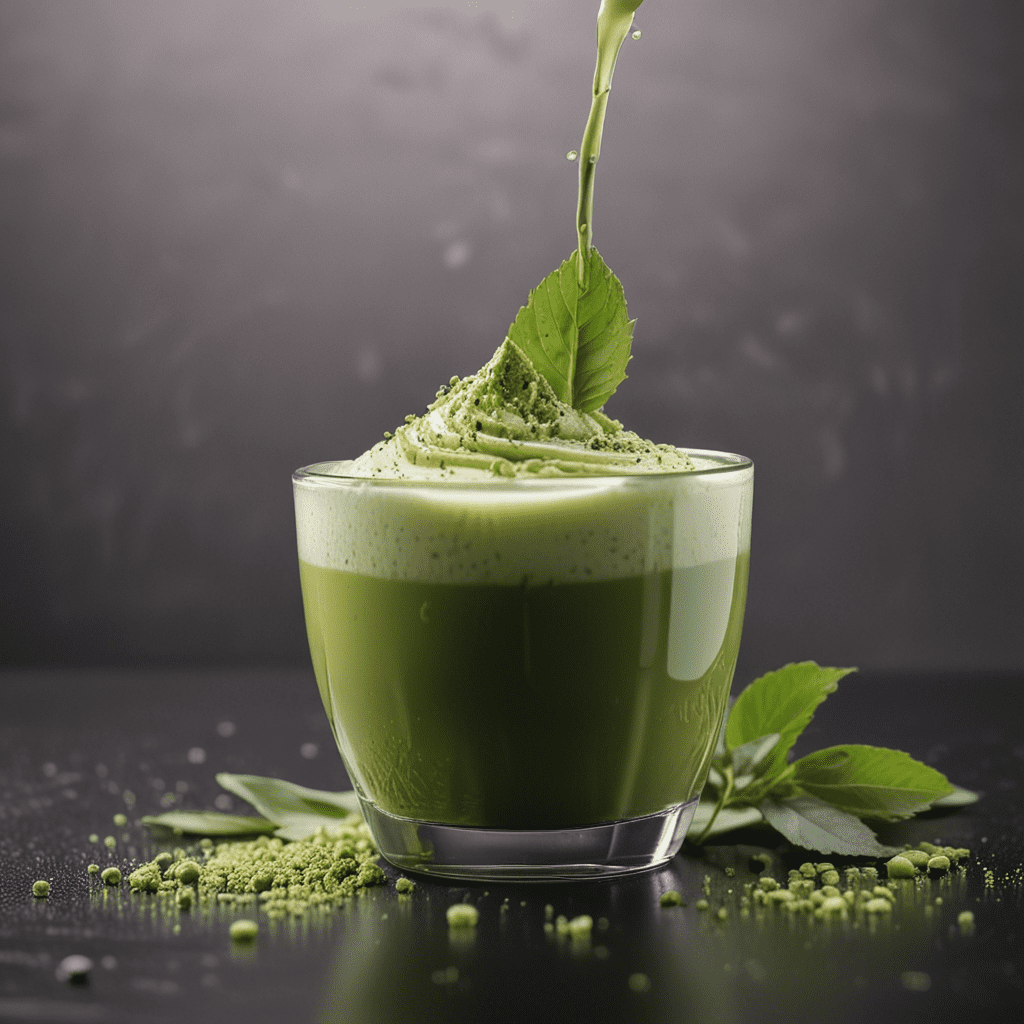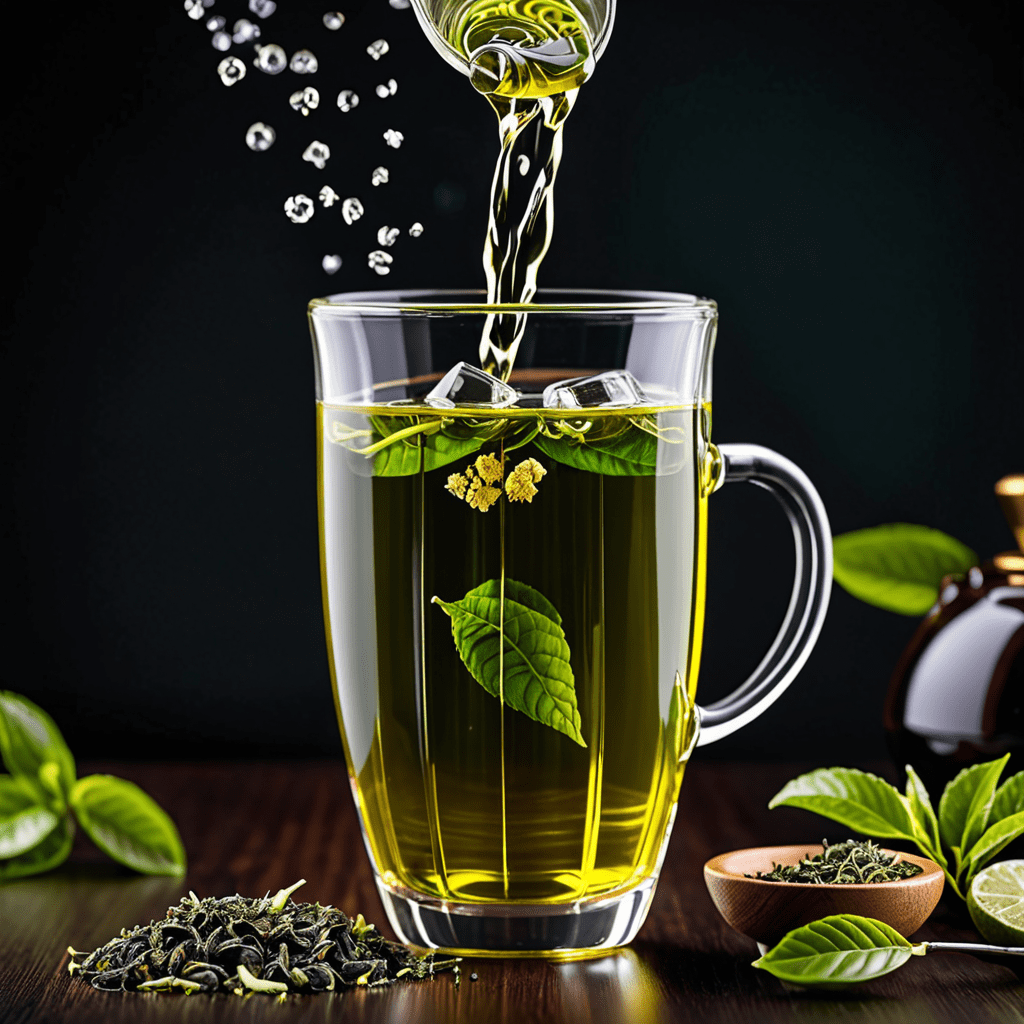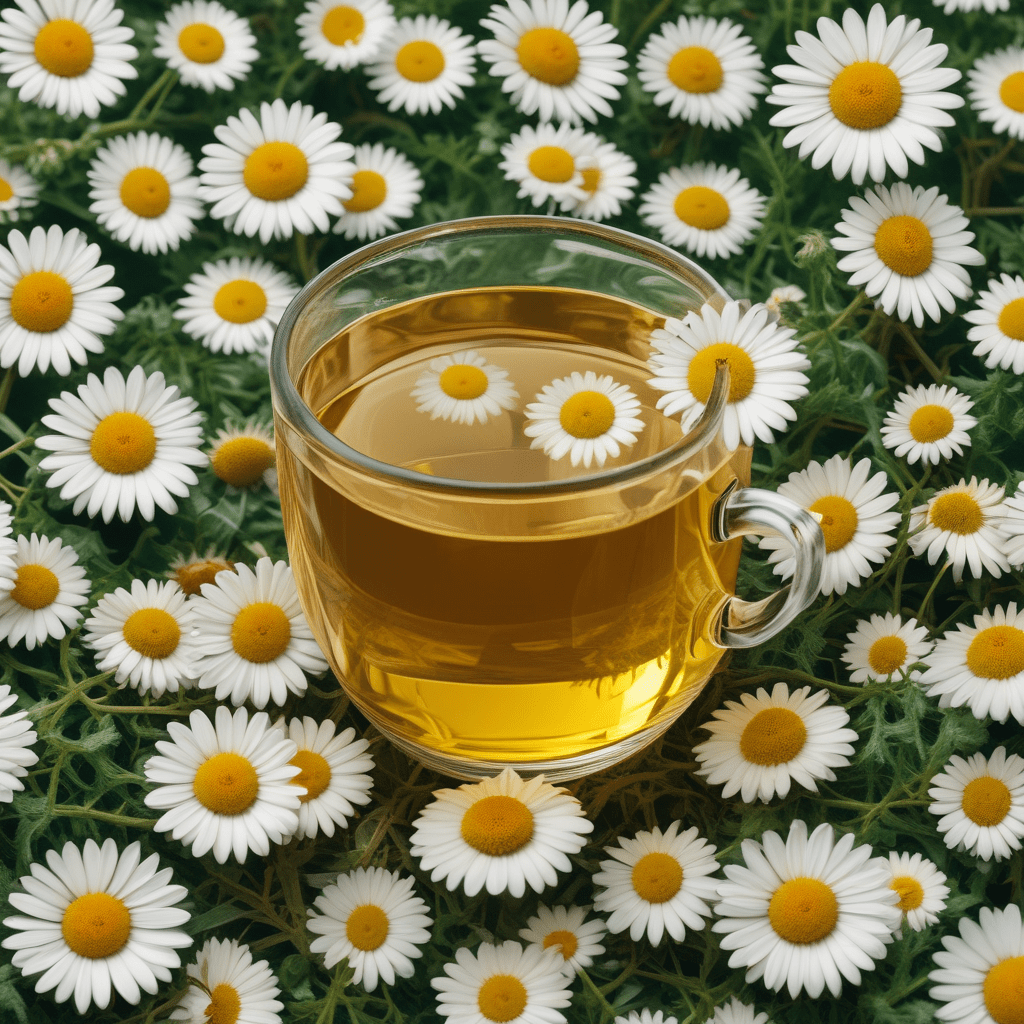
Matcha: The Elixir of Youth
Introduction
Matcha, a finely ground green tea powder, has gained widespread acclaim for its exceptional health benefits, earning it the title of "the elixir of youth." This ancient Japanese tea has captivated tea enthusiasts globally, offering a plethora of therapeutic properties that promote vitality and longevity.
Historical Origins of Matcha
Matcha traces its roots back to the 12th century in Japan, where it played a central role in Zen Buddhist ceremonies. Its unique preparation method involves shading the tea plant for several weeks before harvesting, which increases its chlorophyll content and nutrient density. Matcha has since become an integral part of Japanese culture, prized for its invigorating effects and exquisite taste.
Nutritional Profile of Matcha
Matcha boasts an impressive nutritional profile, brimming with antioxidants, vitamins, and minerals. It is particularly rich in catechins, a type of flavanol that provides potent antioxidant and anti-inflammatory effects. Matcha also contains high levels of L-theanine, an amino acid that promotes relaxation and focus, contributing to its unique "calm alertness."
Antioxidant Properties of Matcha: The Elixir of Anti-Aging
Matcha's exceptional antioxidant capacity has positioned it as a powerful ally in combating the aging process. Its high concentration of catechins, particularly epigallocatechin gallate (EGCG), has been shown to neutralize free radicals, which are unstable molecules that can damage cells and contribute to aging and chronic diseases. By protecting cells from oxidative stress, matcha helps preserve youthful vitality and promotes overall well-being.
Matcha and Metabolism: Enhancing Fat Burning
Matcha has gained recognition for its ability to boost metabolism and aid in weight loss. Its catechins have thermogenic properties, increasing the body's calorie expenditure and promoting fat oxidation. Additionally, L-theanine in matcha helps regulate appetite, reducing cravings and promoting a feeling of satiety. By enhancing metabolism and reducing calorie intake, matcha contributes to healthy weight management and a leaner physique.
Matcha and the Immune System: Boosting Defenses
Matcha's rich antioxidant content extends to its ability to strengthen the immune system. Catechins in matcha have been shown to enhance the production of immune cells, such as T-cells and natural killer cells, which play a crucial role in fighting off infections and maintaining overall health. By boosting the immune system, matcha helps protect against illnesses and supports a robust defense against pathogens.
Matcha and Cognitive Function: Sharpening the Mind
Matcha has demonstrated cognitive-enhancing effects, making it a valuable ally for brain health. The combination of L-theanine and caffeine in matcha promotes alertness and focus while reducing stress and anxiety. L-theanine increases alpha brain waves, which are associated with relaxation and creativity, while caffeine provides a gentle boost in energy levels. Together, these compounds optimize cognitive function, enhance memory, and support a clear and focused mind.
Matcha and Detoxification: Cleansing the Body
Matcha's antioxidant and purifying properties contribute to its role in detoxification. Catechins in matcha bind to toxins and heavy metals in the body, facilitating their elimination through the digestive system. Matcha also aids in liver function, promoting the breakdown and removal of harmful substances. By supporting the body's natural detoxification processes, matcha helps maintain optimal health and well-being.
Incorporating Matcha into Your Diet
Matcha's versatility makes it an accessible and enjoyable addition to a healthy diet. Its vibrant green powder can be whisked into hot water for a traditional tea experience or incorporated into smoothies, lattes, and various culinary creations. To reap its health benefits, it is recommended to consume 1-2 servings of matcha per day, equivalent to roughly 2-4 grams of powder.
Conclusion: Matcha as a Health and Longevity Aid
Matcha, with its rich history and exceptional health benefits, has earned its reputation as the "elixir of youth." Its potent antioxidants, metabolism-enhancing properties, immune-boosting effects, cognitive-sharpening abilities, and detoxification support contribute to a holistic approach to health and longevity. Incorporating matcha into your daily routine can provide a wealth of benefits, promoting vitality, well-being, and a youthful glow.
Frequently Asked Questions (FAQs)
1. What is the recommended daily intake of matcha?
1-2 servings per day, equivalent to 2-4 grams of powder.
2. How can I incorporate matcha into my diet?
Whisk into hot water for tea, add to smoothies or lattes, or use in culinary recipes.
3. What are the potential side effects of matcha consumption?
Matcha is generally safe for most people, but excessive consumption may lead to caffeine-related side effects such as anxiety or jitteriness in sensitive individuals.
4. Where can I purchase matcha?
Matcha can be found in health food stores, tea shops, and online retailers. Choose reputable sources to ensure quality and authenticity.
5. How long will it take to notice the benefits of matcha consumption?
Matcha's benefits may vary depending on individual factors, but regular consumption over time is generally associated with positive effects on health and well-being.


